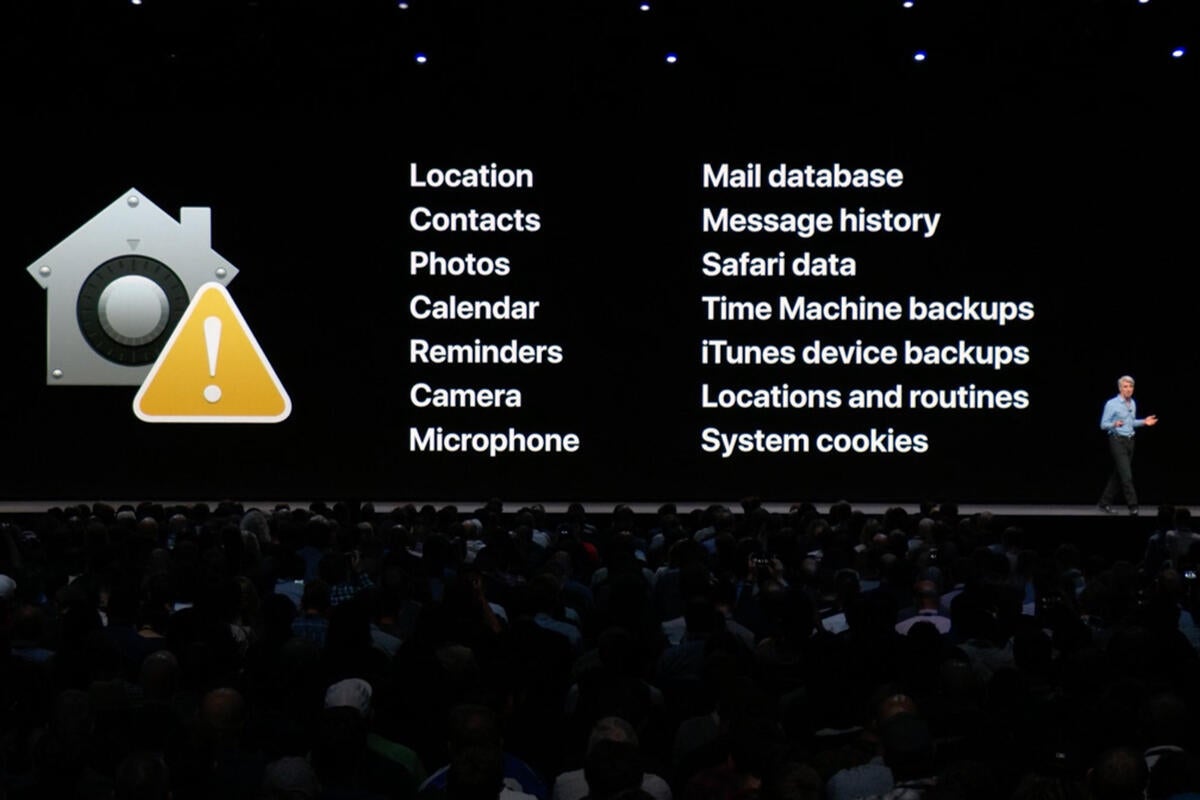Mozilla this week said that its Firefox browser will soon start to automatically block some ad tracking technologies that the company claimed impact page load performance and shadow users wherever they go.
“In the near future, Firefox will — by default — protect users by blocking tracking,” wrote Nick Nguyen, Mozilla’s top Firefox executive, in an August 30 post to a company blog.
Mozilla added what it dubbed “Tracking Protection” to Firefox 57, a.k.a. “Quantum,” last fall. Since then, the feature has remained opt-in, meaning people must manually enable it from the browser’s Preferences display if they want to use it. When switched on, Tracking Protection blocks a wide range of content, not just advertisements but also in-page trackers that sites or ad networks implant to follow users from one website to another. Such trackers are the reason why an ad for underwear from a specific vendor seemingly pops up wherever one goes after one has browsed the underwear selection at the seller’s website.
To read this article in full, please click here



